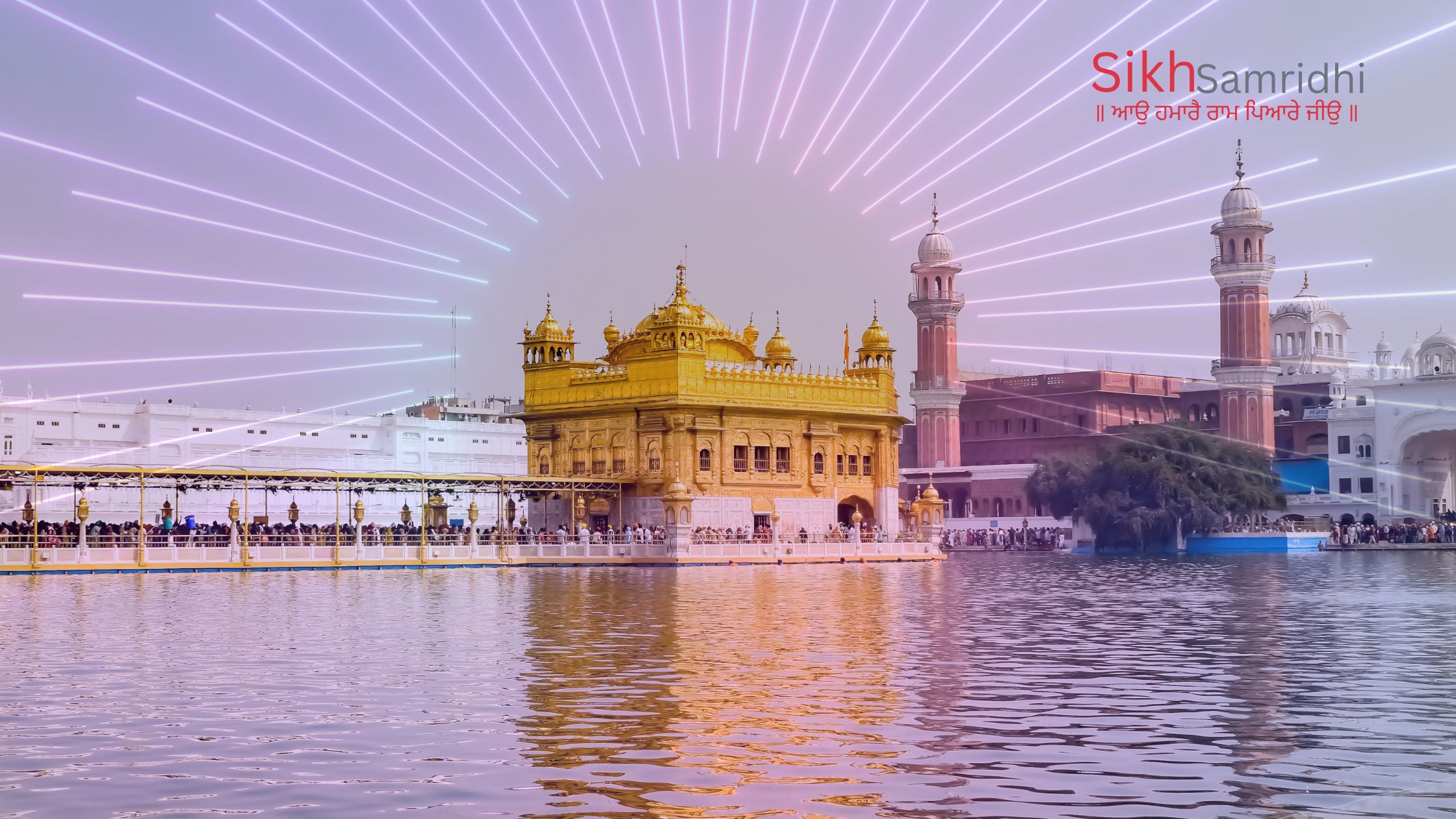Physical Address
304 North Cardinal St.
Dorchester Center, MA 02124
Physical Address
304 North Cardinal St.
Dorchester Center, MA 02124


Imagine living in a world where every aspect of your life is dictated by a single religious authority. In the 17th century, the Indian subcontinent faced such a reality under the reign of Mughal Emperor Aurangzeb. Amidst this turmoil, emerged a beacon of hope: Guru Tegh Bahadur. Not only did he with unflinching courage, but he also sacrificed his life to defend the fundamental right to religious freedom. In this article, we’ll explore the extraordinary leadership and legacy of Guru Tegh Bahadur, the ninth Sikh Guru, whose martyrdom became a pivotal moment in history.
During the mid-1600s, India was a land of diverse cultures and religions. The Mughal Empire, under the rule of Aurangzeb, aimed to homogenize this diversity under strict Islamic laws. Religions such as Hinduism and Sikhism faced severe persecution. In such dire circumstances, the Sikh community turned to their spiritual leader, Guru Tegh Bahadur, for guidance.
Born in 1621 in Amritsar, Guru Tegh Bahadur was the youngest son of Guru Hargobind, the sixth Sikh Guru. Even as a child, he was known for his reflective and meditative nature. His spiritual upbringing was deeply rooted in Sikh teachings, which preached equality, compassion, and justice.
In 1664, Tegh Bahadur was anointed the ninth Guru of Sikhs after the passing of his predecessor, Guru Har Krishan. His selection was met with both anticipation and skepticism, as his contemplative nature stood in contrast to the more militant stance of previous Gurus.
The turning point came in 1675 when a delegation of Kashmiri Pandits sought Guru Tegh Bahadur’s help. They were being coerced into converting to Islam under Aurangzeb’s tyrannical mandate, and faced execution for non-compliance.
Guru Tegh Bahadur’s stance not only put his life at risk but also offered a protective shield to thousands of Hindus and Sikhs. His unwavering commitment to his principles led to his arrest, torture, and execution.
“The sacrifice of Guru Tegh Bahadur was not just for a religion but for the right of every human being to live and worship freely.”
Guru Tegh Bahadur’s martyrdom stood as a testament to the power of conviction and moral courage. His sacrifice fortified the Sikh community’s resolve and inspired future generations to stand up for justice and liberty.
Guru Tegh Bahadur’s actions laid a foundational precedent for the universal right to religious freedom.
The legacy of Guru Tegh Bahadur is a powerful reminder of the enduring struggle for religious freedom and human rights. His leadership exemplified the virtues of bravery, sacrifice, and unwavering commitment to justice. As we look back on his life, let us not just remember him as the Sikh Guru who faced martyrdom, but also as a universal icon of the intrinsic human right to practice one’s faith freely.